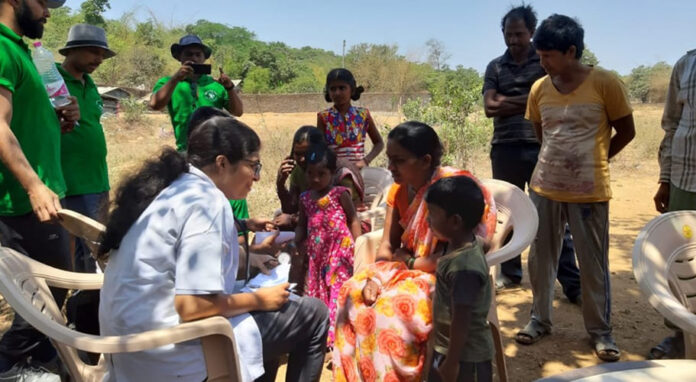Karnataka’s initiative to enforce mandatory rural service for all medical students, including those from private colleges, has consistently faced legal challenges. Medical students view it as a “lost year,” and private students question its legality.
Recent Amendments and Court Involvement
In January 2024, the Karnataka government amended the Compulsory Rural Service Act, offering partial relaxation. The new amendment exempts certain meritorious students from rural service, citing a lack of available posts for all graduating students.
Despite this amendment, private medical students have again approached the court, arguing that their unsubsidized seats should exempt them from what they describe as “bonded labour.”
Registration Issues and Communication Gaps
Authorities are currently denying permanent registration with the Karnataka Medical Council (KMC) to students who have not completed rural service. Students criticize the authorities for not adequately communicating the rules in advance.
MBBS Rural Service Bond: Vacancies and Distribution
The Karnataka Compulsory Service Training by Candidates Completed Medical Courses Act, 2012, mandates that every MBBS graduate practice medicine in rural Karnataka for one year. This measure aims to address the doctor-to-patient ratio in rural areas, which is significantly lower compared to urban regions.
The amended Act now specifies that mandatory rural service is only required in existing vacancies as determined by the state government. This change ensures that the state only fills necessary positions without creating new posts unnecessarily.
Discrepancy in Vacancies
The problem arises from the limited vacancies available in government setups. With 1,000 to 2,000 vacancies for MBBS graduates and 1,000 to 1,200 for postgraduates annually, there is a significant gap given the 9,000 MBBS and 4,500 postgraduate students graduating each year.
Students who fail to complete the mandatory rural service face fines of up to Rs 15 lakh.
New Counselling System and Merit List
The government has introduced a new counselling system to create a state-wide merit list of students for post allocation. Top performers on this list may opt out of rural service. Rajiv Gandhi University of Health Sciences (RGUHS) is responsible for creating this merit list.
Experts acknowledge that this system ensures sufficient doctors in rural areas while allowing some students exemptions. However, compiling the merit list is challenging due to varying exam schedules across universities.
Continued Resistance from Medical Students
The Act has faced resistance since its inception. Enacted in 2012 and implemented in 2015, it was initially stayed by the High Court of Karnataka but upheld in 2019 as constitutionally legal. The court noted that the mandatory service period is short and compensated.
In April 2021, the court ruled in favour of students from the 2017-18 batch and prior, exempting them from rural service due to inadequate prior notification. The Act remains binding for students from the 2018-19 batch onwards.
Private Medical Colleges: No Bonds Signed
Students from private medical colleges argue they were not informed about the mandatory rural service policy and had not signed any bonds at the time of admission. They are now being denied permanent registration without an NOC from the Bond Enforcement Cell.
Students from Kasturba Medical College, a private deemed-to-be university, filed a writ petition in April 2024 seeking relief from mandatory rural service. They argue that the KMC has unduly denied the issuance of NOCs for those who refuse to sign the bond.
‘Forced’ Rural Service
Confusion and legal challenges continue to plague the policy. Some experts argue that the Act addresses the doctor-to-patient ratio in rural areas and should be seen as a one-year service requirement for all medical students, both private and government.
Government’s Stance and Experts’ Opinions
The government maintains that all students, including those from private colleges, should complete rural service to help bridge the healthcare gap in rural areas. Critics argue that private students, who pay full fees without subsidies, should not be subjected to this requirement.
As the court cases continue, some experts suggest that mandatory rural service is a beneficial move, ensuring that all medical graduates contribute to rural healthcare for at least one year.


